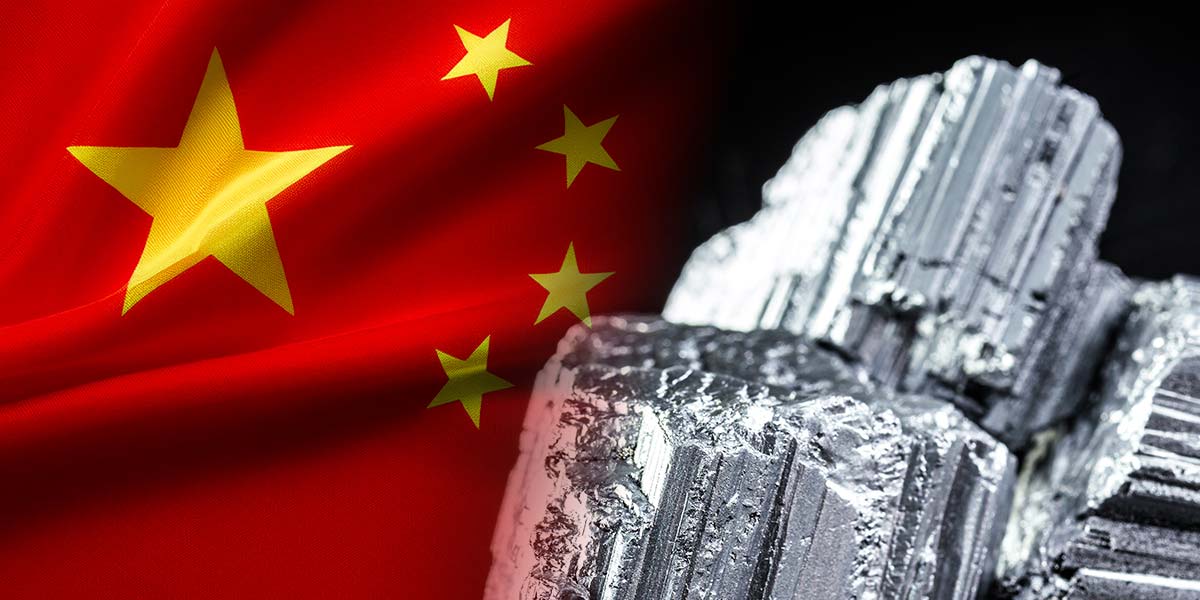China’s exports of rare earth materials rose in October, reversing three consecutive months of decline. According to data released by the General Administration of Customs, shipments increased 9% from September, reaching 4,343.5 metric tons.
Notably, the aggregated data did not specify which products or countries contributed most to the higher volumes. A full breakdown is expected on November 20.
Year-to-date, China’s rare earth exports have climbed 10.5% to 52,699.2 tons compared to a year earlier. China remains the world’s top supplier of processed rare earths, essential for industries ranging from automotive manufacturing to defense technology.
Last month, Beijing expanded its export controls to cover additional rare earth elements and refining technologies. However, following an agreement between U.S. President Donald Trump and China’s President Xi Jinping during their meeting in Busan, China announced it would pause the new controls for a year, though restrictions initiated in April—which contributed to shortages in global automotive supply chains—remain in effect.
Following that, according to a Reuters report citing sources familiar with the matter, China is working on a new rare earth licensing system aimed at streamlining export procedures, possibly allowing for larger export volumes over a one-year period.
Sources noted that the Ministry of Commerce has instructed some exporters to prepare documentation for these new permits, though a complete easing of restrictions—sought by Washington—is not expected.
Details about the new licensing system and its implementation are anticipated by year-end, although permits for users involved in defense or sensitive sectors are likely to remain more difficult to obtain.
Under the rules implemented in April and revised in October, exporters must secure licenses for each shipment, a process many global buyers say has slowed the flow of rare earth products. European Union companies have submitted around 2,000 applications for exports, with just over half approved to date.





